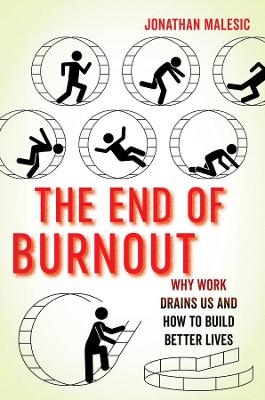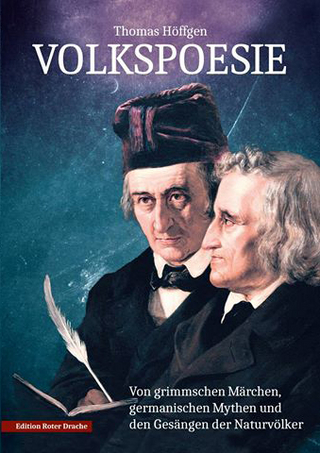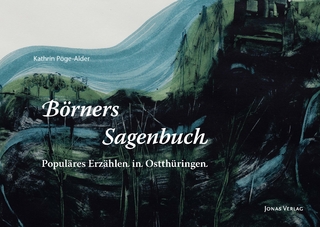
The End of Burnout
University of California Press (Verlag)
978-0-520-34407-5 (ISBN)
Burnout has become our go-to term for talking about the pressure and dissatisfaction we experience at work. But in the absence of understanding what burnout means, the discourse often does little to help workers who suffer from exhaustion and despair. Jonathan Malesic was a burned out worker who escaped by quitting his job as a tenured professor. In The End of Burnout, he dives into the history and psychology of burnout, traces the origin of the high ideals we bring to our jobs, and profiles the individuals and communities who are already resisting our cultural commitment to constant work.
In The End of Burnout, Malesic traces his own history as someone who burned out of a tenured job to frame this rigorous investigation of how and why so many of us feel worn out, alienated, and useless in our work. Through research on the science, culture, and philosophy of burnout, Malesic explores the gap between our vocation and our jobs, and between the ideals we have for work and the reality of what we have to do. He eschews the usual prevailing wisdom in confronting burnout (“Learn to say no!” “Practice mindfulness!”) to examine how our jobs have been constructed as a symbol of our value and our total identity. Beyond looking at what drives burnout—unfairness, a lack of autonomy, a breakdown of community, mismatches of values—this book spotlights groups that are addressing these failures of ethics. We can look to communities of monks, employees of a Dallas nonprofit, intense hobbyists, and artists with disabilities to see the possibilities for resisting a “total work” environment and the paths to recognizing the dignity of workers and nonworkers alike. In this critical yet deeply humane book, Malesic offers the vocabulary we need to recognize burnout, overcome burnout culture, and acknowledge the dignity of workers and nonworkers alike.
Jonathan Malesic is a Dallas-based writer and a former academic, sushi chef, and parking lot attendant who holds a PhD from the University of Virginia. His work has appeared in The New Republic, The New York Times, The Washington Post, The Chronicle of Higher Education, America, Commonweal, and elsewhere.
Acknowledgments
Introduction
I Burnout Culture
1. Everyone Is Burned Out, But No One Knows What That Means
2. Burnout: The First 2,000 Years
3. The Burnout Spectrum
4. How Jobs Have Gotten Worse in the Age of Burnout
5. Work Saints and Work Martyrs: The Problem with Our Ideals
II Counterculture
6. We Can Have It All: A New Vision of the Good Life
7. How Benedictines Tame the Demons of Work
8. Varieties of Anti-Burnout Experience
Conclusion: Nonessential Work in a Post-Pandemic World
Notes
Index
| Erscheinungsdatum | 18.01.2022 |
|---|---|
| Verlagsort | Berkerley |
| Sprache | englisch |
| Maße | 140 x 210 mm |
| Gewicht | 454 g |
| Themenwelt | Sozialwissenschaften ► Ethnologie ► Volkskunde |
| Sozialwissenschaften ► Soziologie | |
| Wirtschaft ► Volkswirtschaftslehre ► Makroökonomie | |
| ISBN-10 | 0-520-34407-3 / 0520344073 |
| ISBN-13 | 978-0-520-34407-5 / 9780520344075 |
| Zustand | Neuware |
| Informationen gemäß Produktsicherheitsverordnung (GPSR) | |
| Haben Sie eine Frage zum Produkt? |
aus dem Bereich


